Kremlin: West’s warnings of imminent Russian invasion of Ukraine reach absurd levels
The Kremlin has scoffed at the West's propaganda campaign aimed at accusing Russia of planning to invade neighboring Ukraine, denouncing US' "peak hysteria" over this issue.
The comments came through the Kremlin's top foreign policy advisor, Yuri Ushakov, at a presser on Saturday, in which he discussed the contents of an earlier phone call between Russian President Vladimir Putin and his American counterpart, Joe Biden.
He said the phone call between the two leaders came against a backdrop of "hysteria" in the West about "a Russian invasion" that he said was absurd.
"Hysteria has reached its peak," the Russian official said, adding that the US side had requested to arrange phone talks between Biden and Putin on Saturday even though such a call had initially been planned for Monday.
"We don't understand why false information about our intentions is being passed to the media," Ushakov he told reporters.
He said Putin once again complained that the West has been arming Ukraine and that Kiev authorities have been "sabotaging" Western-brokered peace agreements to end a years-long conflict in eastern Ukraine.
Ushakov said the one-hour phone talk between the two leaders was "balanced and business-like," adding that "the presidents have agreed to continue contacts at all levels."
The politically-charged and media-enabled campaign has contributed to already simmering tensions between Moscow and the West over Ukraine.
The West claims that Russia has amassed tens of thousands of troops on Ukraine's borders, with US Secretary of State Antony Blinken alleging that Moscow could start invading the ex-Soviet republic "at any time."
Russia has roundly rejected the Western allegations, asserting that the troop deployment is a response to the Western military alliance of NATO's activities near Russian borders. Moscow also asserts that it is free to move its troops about within its own borders.
The US and its allies have, meanwhile, been dispatching large contingents of troops to Ukraine and elsewhere in Eastern Europe as part of efforts to reinforce NATO’s military buildup in the region.
As part of a set of security demands, Russia has demanded that Washington and the European Union guarantee NATO would never let Ukraine join the bloc.
The Western alliance has refused to provide any such guarantee, but has sent written responses to Russia's security concerns, that Moscow has so far found insufficient. The Western allies have even faced Moscow with their own counterproposals too.
During the phone call that took place at Biden's request, Putin told the American president that Moscow would review the ideas that the Western alliance has laid out to supposedly address Russia's security demands, noting that they still did not tackle Moscow's key concerns, Ushakov noted.
"Unfortunately...these considerations do not touch upon the central, key elements of Russian initiatives," the Kremlin official said.
'No fundamental change' after Biden-Putin call
Meanwhile, a senior American official said on Saturday that the call between the Russian and American leaders had failed to lead to any major changes in the standoff between Russia and the West.
The call was "professional and substantive and lasted a bit over an hour. There was no fundamental change in the dynamics unfolding now for several weeks," the official, speaking on condition of anonymity, told reporters.
Putin to Macron: Invasion claims 'provocative speculation'
Also on Saturday, the Russian President Vladimir Putin told his French counterpart, Emmanuel Macron, that accusations about Moscow's plans to attack Ukraine were "provocative speculation" and could lead to a conflict in the ex-Soviet country.
Putin and Macron discussed "provocative speculation related to an allegedly planned Russian 'invasion' of Ukraine," the Kremlin said after phone talks between the two leaders.
According to the Kremlin's statement, Putin stressed during the phone call that there was no reaction from the United States and NATO to Russia's demands to provide security guarantees.
"The unwillingness of the leading Western countries to push the Kiev authorities to implement the Minsk agreements was also emphasised," the Kremlin said.
The Kremlin, meanwhile, blasted Kiev's allies for sending "modern weapons" to Ukraine, adding, "Conditions are being created for possible aggressive actions of the Ukrainian security forces in the Donbas."
Donbas has been the scene of a conflict between Ukrainian troops and pro-Russian forces since 2014. The conflict has, according to the United Nations, claimed thousands of lives.
The armed confrontations began when a wave of protests in Ukraine overthrew a democratically-elected pro-Russia government and replaced it with a pro-West administration. The majority in those areas refused to endorse the new administration.
That new government then began a crackdown on the mainly ethnic Russians in the east, who in turn took up arms and turned the two regions of Donetsk and Lugansk—collectively known as the Donbas—into self-proclaimed republics.
The West accuses Russia of having a hand in the conflict. Moscow vehemently rejects the allegation.
EU says not closing diplomatic missions in Kiev
In a bid to escalate its tensions with Russia, the United States has also been "drawing down" its diplomatic mission in Kiev, and asking all Ukraine-based American citizens to leave.
The European Union has, however, refused to follow suit, retaining its diplomatic presence in the Ukrainian capital as it is.
"Our diplomatic missions are not closing. They remain in Kiev and continue to operate in support to EU citizens and in cooperation with the Ukrainian authorities," EU foreign policy chief, Josep Borrell, said in a statement.
"We recall that any further military aggression against Ukraine will have massive consequences and severe cost in response," he added.
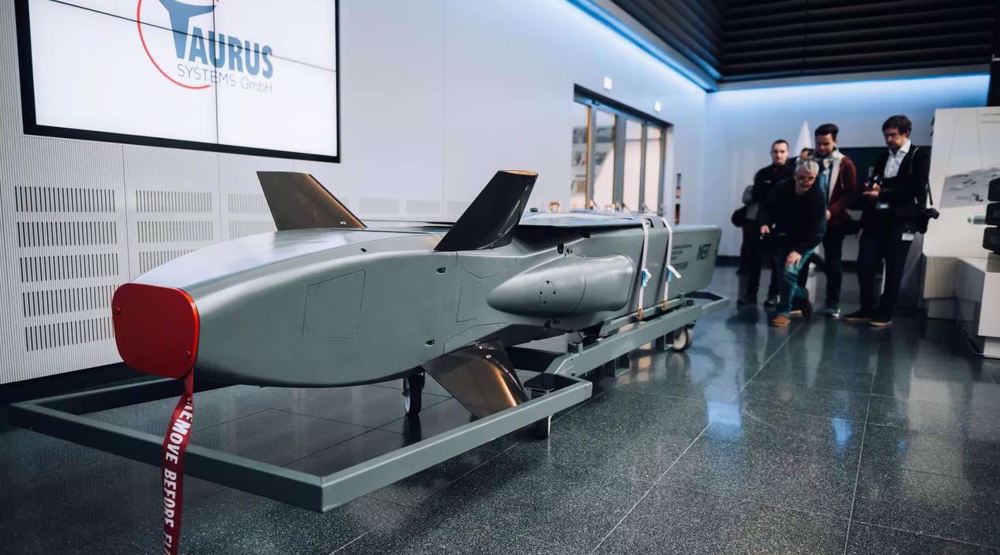
Kremlin warns Germany sending Taurus missiles to Ukraine risks 'escalation'
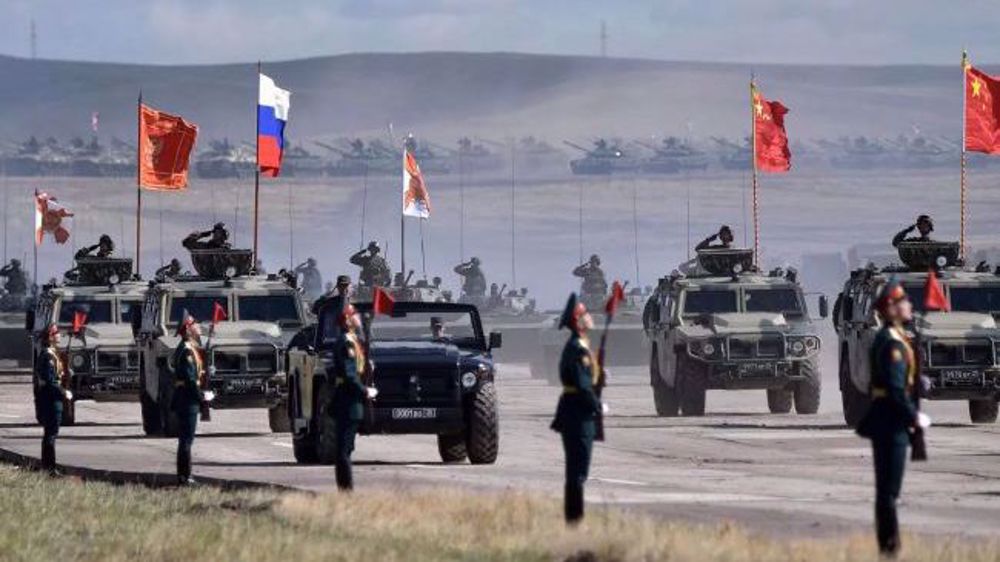
China warns Ukraine over 'irresponsible' claim of Chinese soldiers in war
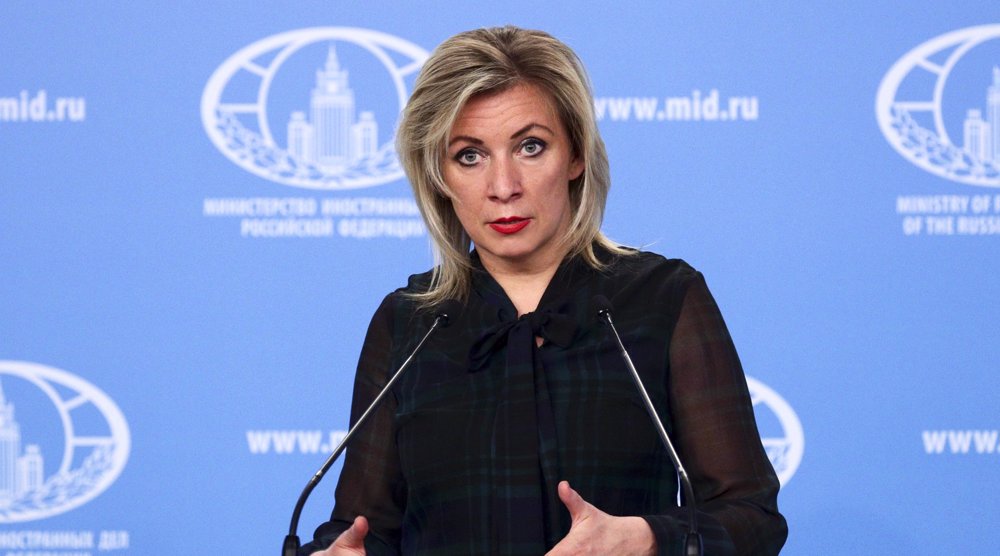
World growing tired of endless threats against Iran: Russia
VIDEO | Press TV's news headlines
Hamas: Israel tortures Palestinian abductees while we treat captives humanely
Israeli captive in Gaza holds Netanyahu responsible for continued captivity
Tehran rejects 'baseless' UK claims about links to criminal groups
Palestinian hospital chief ‘exhausted from torture’ in Israeli prison: Lawyer
Iran says IAEA can play ‘crucial’ role in resolving nuclear issue
Rights groups demand arrest warrant for Israeli FM visiting UK over Gaza war crimes
Non-nuclear issues not on Iran’s agenda for talks with US: Deputy FM


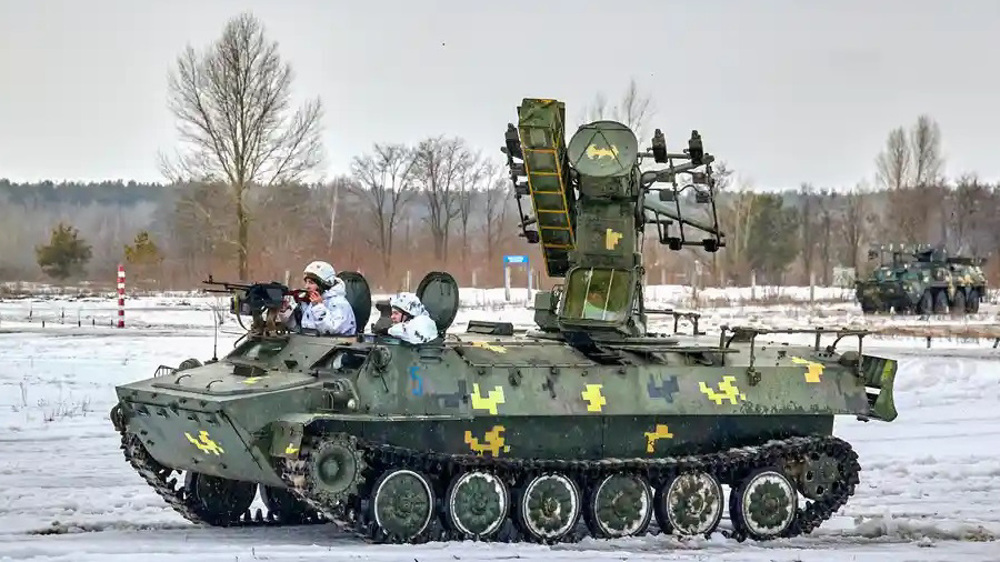
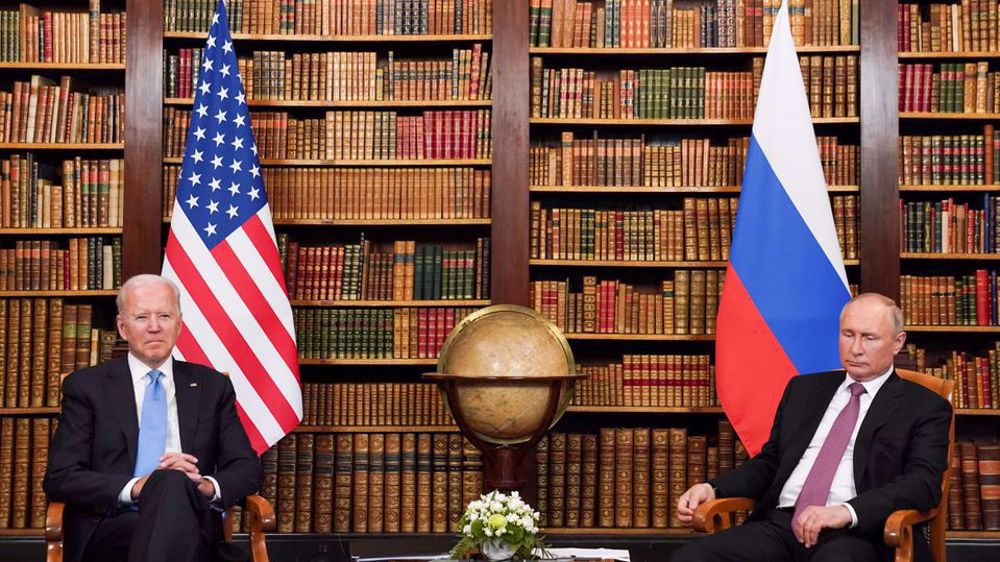
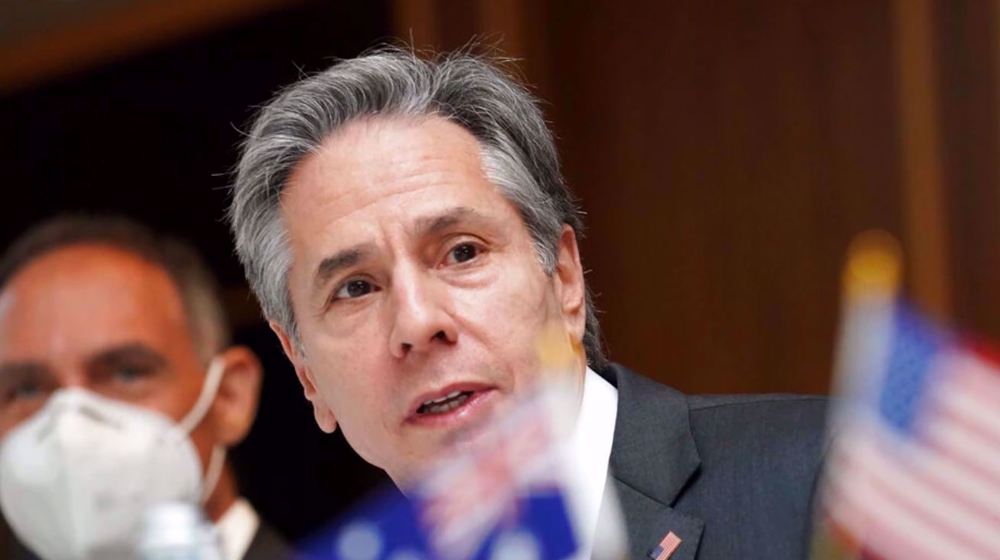
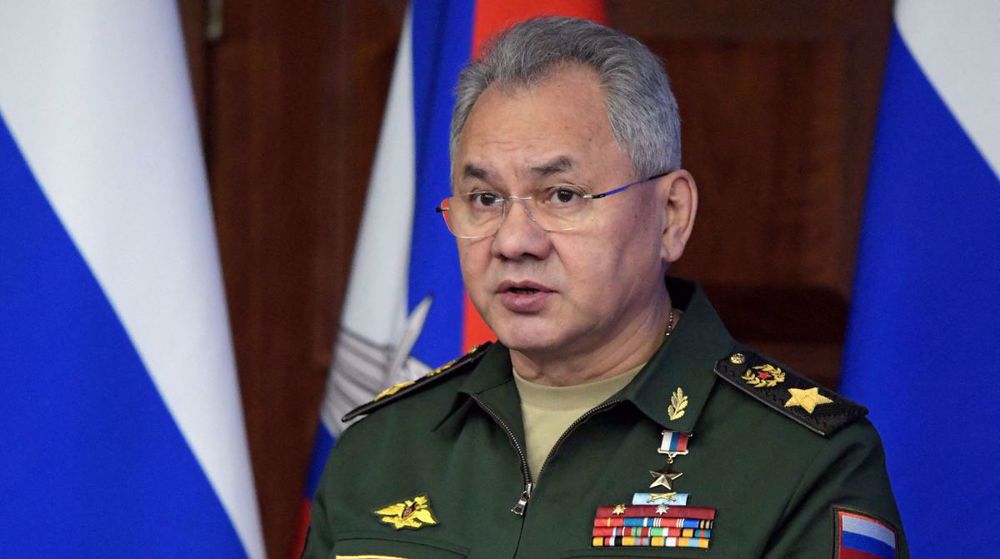
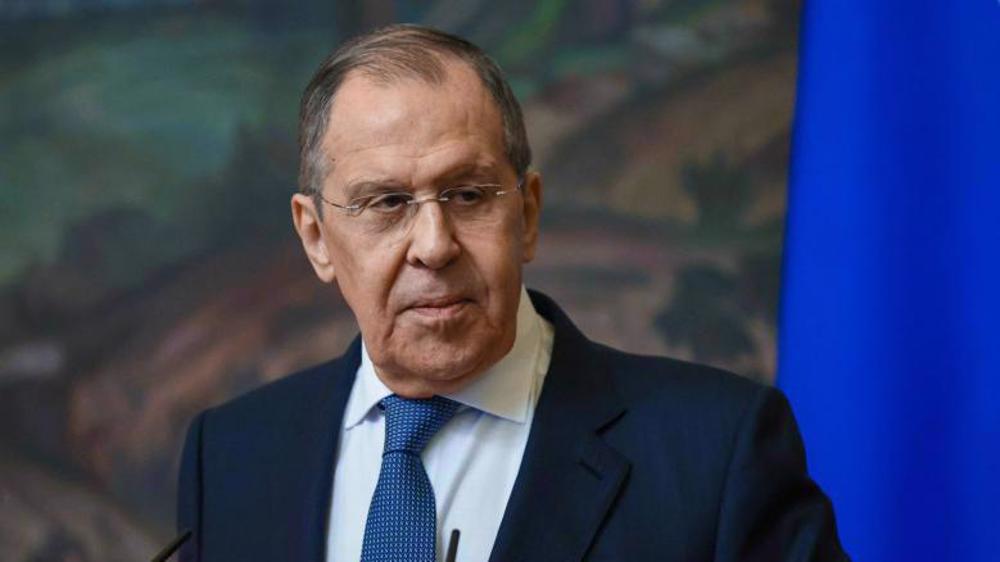




 This makes it easy to access the Press TV website
This makes it easy to access the Press TV website